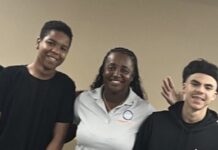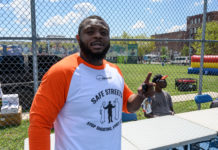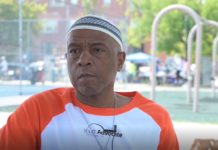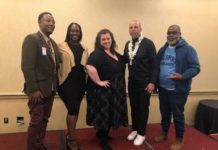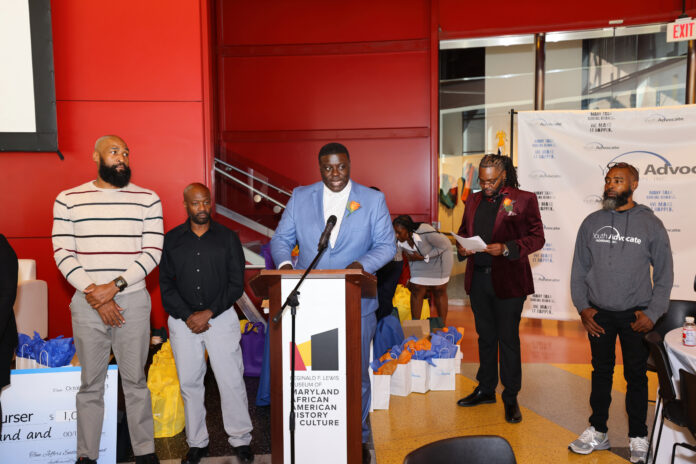
Brenda C. Siler, Contributing Writer
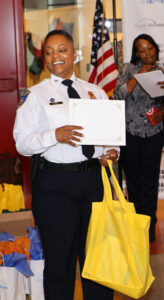 Program participants, families, Baltimore Mayor’s Office of Neighborhood Safety and Engagement, Baltimore Police Department, Maryland Department of Juvenile Services, and Maryland Department of Human Services professionals, along with YAP staff, partners, and community volunteers were beaming with pride. They were at the Reginald F. Lewis Museum in Baltimore for YAP’s Making Social Change Happen Awards, an Oct. 6th luncheon that acknowledged the results of their teamwork.
Program participants, families, Baltimore Mayor’s Office of Neighborhood Safety and Engagement, Baltimore Police Department, Maryland Department of Juvenile Services, and Maryland Department of Human Services professionals, along with YAP staff, partners, and community volunteers were beaming with pride. They were at the Reginald F. Lewis Museum in Baltimore for YAP’s Making Social Change Happen Awards, an Oct. 6th luncheon that acknowledged the results of their teamwork. 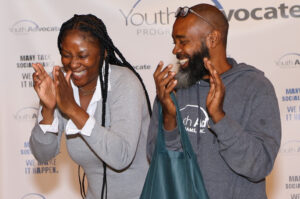
For 48 years, YAP has delivered community-based services as an alternative to placing young people in child welfare, behavioral health, and developmental disabilities facilities. YAP incorporates an approach that has proven to be more effective, equitable, and economical. The community-based YAP Wraparound services model places youth and adults on a restorative path when they run into trouble with the law or face complex social services challenges.
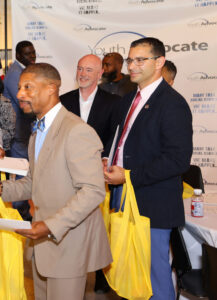
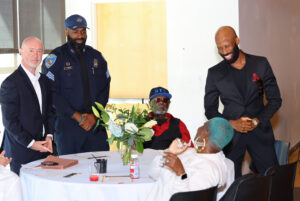 “For years, we worked quietly using our practice with youth who would otherwise be incarcerated or placed in other residential facilities,” said YAP President and CEO Gary Ivory during opening remarks. “Our efforts have been met with success due to the YAP village that is here today. Our village includes program participants, families, dedicated YAP Advocates, credible messengers, social services staff, and YAP staff and consultants.”
“For years, we worked quietly using our practice with youth who would otherwise be incarcerated or placed in other residential facilities,” said YAP President and CEO Gary Ivory during opening remarks. “Our efforts have been met with success due to the YAP village that is here today. Our village includes program participants, families, dedicated YAP Advocates, credible messengers, social services staff, and YAP staff and consultants.”
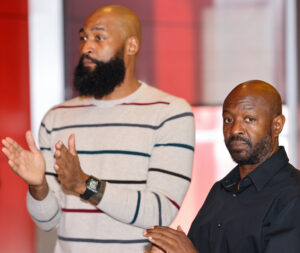
Now in 35 states and the District of Columbia, in recent years, YAP has also combined its youth and family wraparound services model with community violence intervention approaches to work with young people and adults identified as being at the highest risk of engaging in violence.
YAP’s DC/Maryland region was created nearly 19 years ago. Regional Director Craig Jernigan led the awards recognition portion of the event, where program participants and supporters were given certificates and gift bags.
“We are recognizing individuals in our YAP village who work with tools that empower those we serve and their loved ones,” Jernigan said. “We are all dedicated to putting people on a positive path.”
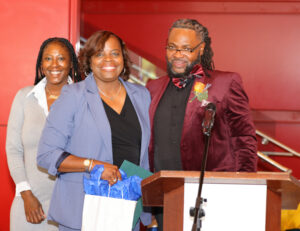
Thrilled with completing the program and his training was Andy [YAP is withholding his last name for confidentiality/safety purposes]. The Baltimore resident admitted to a past that involved getting in trouble. After completing YAP’s Group Violence Reduction Strategy (GVRS) program, he is now employed full-time. The GVRS team members are YAP Credible Messengers, many of whom, like Adams, were formerly systems involved.
“When they first came to talk to me about the program, I was skeptical. Then I started talking to Miss Crystal [Evans, his YAP GVRS life coach]. That made me a little more comfortable,” he said.
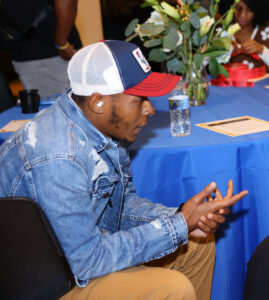
Andy has received assistance from the program in pursuing his GED and in completing the application for his new job. He is surprised with his progress over the past six months. He now has a different perspective about his future and says his family is proud of him. He looks forward to going back to school so he can get an electrician’s license.
“Things are looking up for me now. I’ll be a building repairman. I like that type of work,” he said.
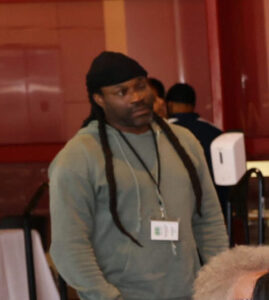
Dewayne also shared his success story during an interview at the awards event. After serving time in a federal institution, he went back home. Things started out a little rough, but then he, too, started working with Evans. Dewayne calls her his “guardian angel.” He stays focused and sees the rewards from YAP. He now works for a company that delivers oven-ready meals to home subscribers.
“This is the best thing that has ever happened to me,” DeWayne said with a big smile. “I have my driver’s license for the first time in 42 years.”
He said he realizes what he has missed in life due to the decisions that led him down a dangerous road.
“I am getting my credit in order. I have benefits with my job like a 401K and life insurance,” he said with pride.
Jernigan wrapped up the event by thanking everyone for helping program participants reach their education and job milestones.
“Our YAP staff are trained to help our program participants see their strengths,” he said. “We connect them to the tools needed to build on this success. We will always be there for them.”




